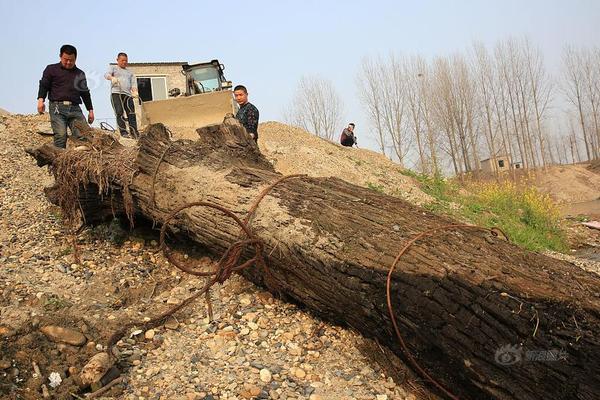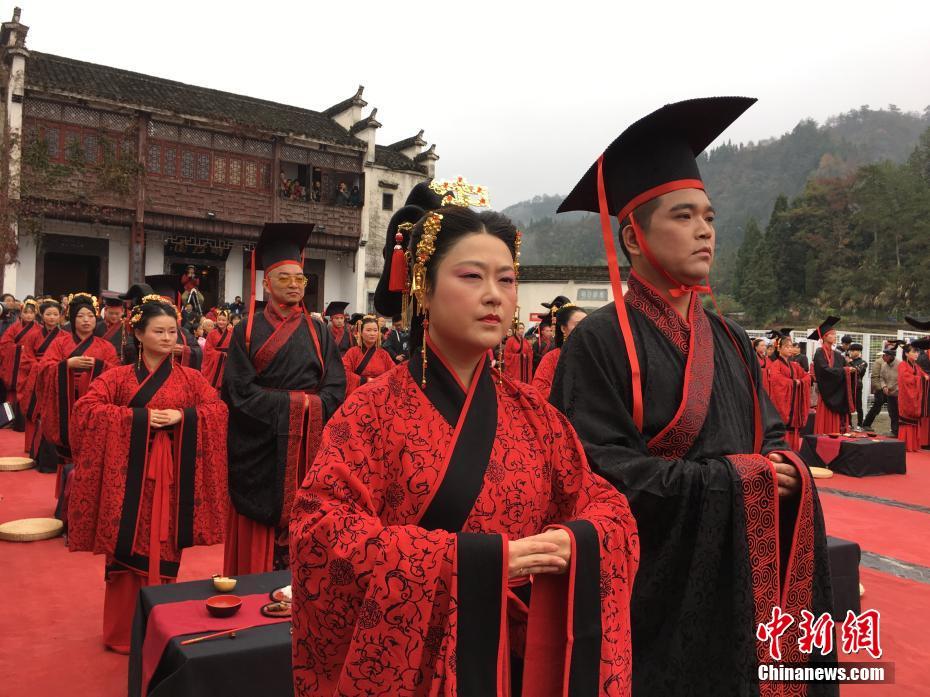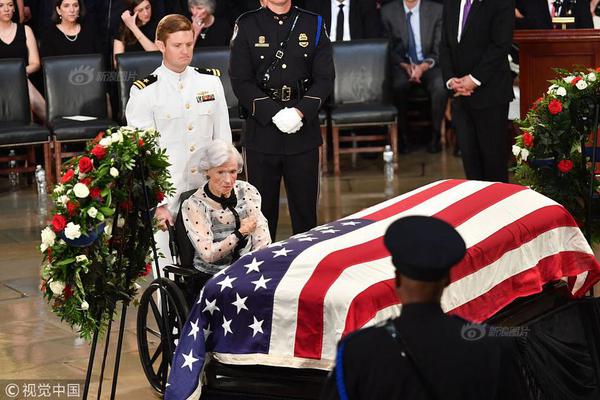The Children of the Forest did more than just paint convenient pictures in caves.
You might remember them as the grenade-throwing creatures who saved Bran once he reached the Three-Eyed Raven in Season 4. You might also remember that last season, Bran had a vision of the Children creating the White Walkers a long, long time ago.
But in case you dozed off during Old Nan's kooky stories, there's a lot more fascinating and relevant lore to dig into. And from the looks of that dragonglass cave in "The Spoils of War," and the way Bran keeps going back to the weirwood tree in Winterfell, that mythology is growing more relevant by the week.
SEE ALSO:Here's why those 'Game of Thrones' cave paintings look so oddly familiarActually, rediscovering the Children's forgotten history may be the only salvation for Westeros today.
In the books, Sam reminds readers of an important fact:
The oldest histories we have were written after the Andals came to Westeros. The First Men only left us runes on rocks, so everything we know about the Age of Heroes and the Dawn Age and the Long Night comes from accounts set down by septons thousands of years later. There are archmaesters at the Citadel who question all of it.
Much like our world, only the winners of history are left to pass down their side of the story through books and "official" records. Everything else becomes legend. And boy, does it seem like the people of Westeros should put more stock in these odd children's stories than their cynical maesters.
 Flashback Friday.Credit: hbo
Flashback Friday.Credit: hboBefore Westeros, there was the Dawn of Days
12,000 years before the events of Game of Thrones, the Children of the Forest lived on the continent along with the Giants and direwolves.
Until the First Men came, that is, colonizing their land and destroying everything that they held sacred. In particular, the Children of the Forest took issue with how the First Men kept chopping down their weirwood trees.
SEE ALSO:'Game of Thrones' episode 4 finally gave us the battle we've been waiting six seasons to seeThe connection between the "Children" (a name given to them by the First Men based on their stature, but ignoring their centuries-long lifespans) and the forests is not wholly understood. Legend says that when the Children died, their ancestors became part of the weirwoods -- which might explain all the sad, blood-soaked faces carved on them.
But given that the Children and the Three-Eyed Raven were so chummy before Bran arrived, it's safe to assume that there's a connection between them -- implying that Three-Eyed Raven's power is somehow related to the ancient magic of the old gods.
To this day, the Northerners are seemingly the only men left who worship the same pagan gods passed down to them by the Children, perhaps because they're so steeped in the mythology of the land.
The War of the Dawn Ages
But it wasn't all happy smiles and assimilation between the two factions.
Back in the day, the First Men almost wiped out the Children's sacred weirwoods, along with the memories of their ancestors to create more huts, tools, and farmland. With no choice left to them, the Children declared war.
SEE ALSO:What that ultra-creepy Bran/Sansa reunion on 'Game of Thrones' meansIt lasted 2,000 years. The Children had never faced foes like the First Men before. Their obsidian (read "dragonglass") blades and arrows did little to stop the humans' swords and shields.
But the Children had the home-field advantage. They used their greenseer powers (which characters like Jojen and Bran later inherited centuries later) to get the whole forest to rise up against them. The men responded as men do: with more destruction.
 Everything old is new again.Credit: hbo
Everything old is new again.Credit: hboLeft no other option, the Children resorted to permanently changing the geography and history of Westeros forever. They summoned the power of the oceans to flood the Neck, and destroyed the Arm of Dorne -- breaking Westeros off from Essos forever.
But they didn't stop there -- in desperation, the Children turned to the nuclear option. They created the enemy that our beloved characters now face.
The White Walkers
As we saw last season, the Children created the Night King (that White Walker with the rad wintry crown horns popping out of his head) by capturing one of the First Men and inserting dragonglass into him with a ritual on a weirwood tree.
Outnumbered, the Children saw their own extinction in man's forces and unquenchable lust for land, power, and war. Having always been physically slight and lacking in numbers, they turned to magic to try and turn mankind's power against them.
 Bet they didn't pick a safeword.Credit: hbo
Bet they didn't pick a safeword.Credit: hboBut like most nuclear options, this plan escalated out of their control.
The Long Night descended upon Westeros, becoming known as the winter that nearly ended all of humanity. The White Walkers emerged from the Land of Always Winter to do what theydo best: kill everyone to swell their ranks.
The Battle for the Dawn
Eventually, the men and the Children chose peace over mutually assured destruction, after fighting each other to a standstill. They met on a small island that became known as the Isle of Faces (so named for the faces that were carved onto the island's weirwood trees during this confab) and made The Pact.
Thanks to this peace treaty, the Children were granted dominion over the deep forests, while the men were given the open lands, and swore to never cut down another weirwood tree.
When the White Walkers descended, the Children and the First Men found a common enemy to fight against. The White Walkers made the true battle lines very clear in this War for the Dawn: either you were on the side of the living, or you were the Army of the Dead.
SEE ALSO:Bran may have already doomed Westeros in the most boring way possibleAs the cave drawings discovered by Jon in "The Spoils of War" revealed, it seems as if the Children and the First Men might've ventured to Dragonstone together and hid away from the White Walkers, creating more weaponry to defeat them.
Not much is known about exactly howthey did it (keep those visions coming, Bran), but the combination of the Children's magic and the First Men's skilled combat helped push the White Walkers back North where they came from.
They constructed the Wall together with the help of the Giants, and the Children used their protective magic to ensure the White Walkers could never march South.
Until now.
 Now we're all out of giants.Credit: hbo
Now we're all out of giants.Credit: hboTruth became legend
Thousands of years later another race of men known as the Andals came to Westeros seeking to conquer. Once again, the Children faced extinction. The Andals consumed everything in their path, breaking the Pact forged by the First Men and forcing all who remained to assimilate, or die.
They spread the religion of the Seven Gods (akin to Christianity in our world) to every corner of Westeros they could reach. Soon, stories of White Walkers, Giants, and even the Children themselves became nothing more than a silly myth.
SEE ALSO:'Game of Thrones' has finally introduced Lady Stoneheart, just not in the way we imaginedHistory erased them. No one saw White Walkers or the Children again. Men, with their fickle memories, turned truth into legend. Everyone forgot, except the one last stronghold that the Andals never managed to conquer: The North.
The Kings of Winter, AKA the Starks, ensured their house mantra would never allow their own children to forget no matter how many centuries past.
Winter came, and now it has come again. Thank goodness at least the North Remembers.
Featured Video For You
The ‘Game of Thrones’ cast reveals what songs would be on their character’s iPod
TopicsGame Of Thrones


 相关文章
相关文章




 精彩导读
精彩导读



 热门资讯
热门资讯 关注我们
关注我们
